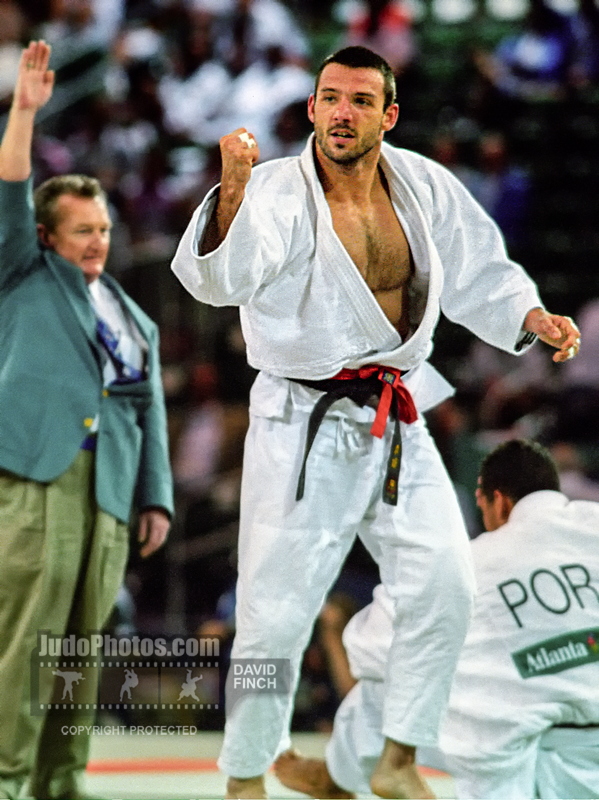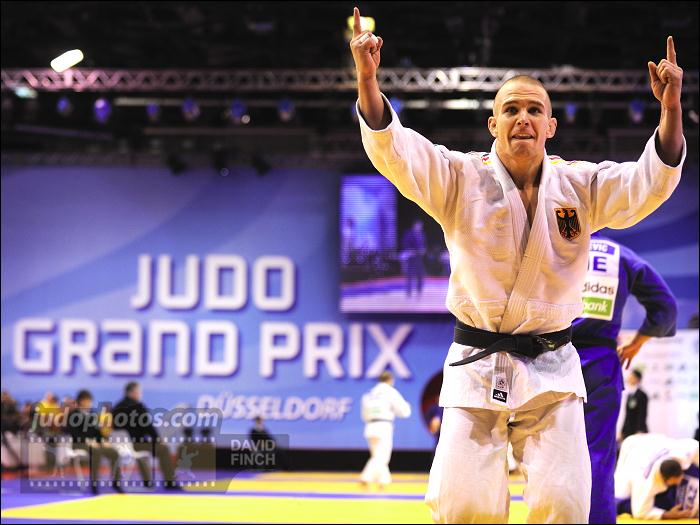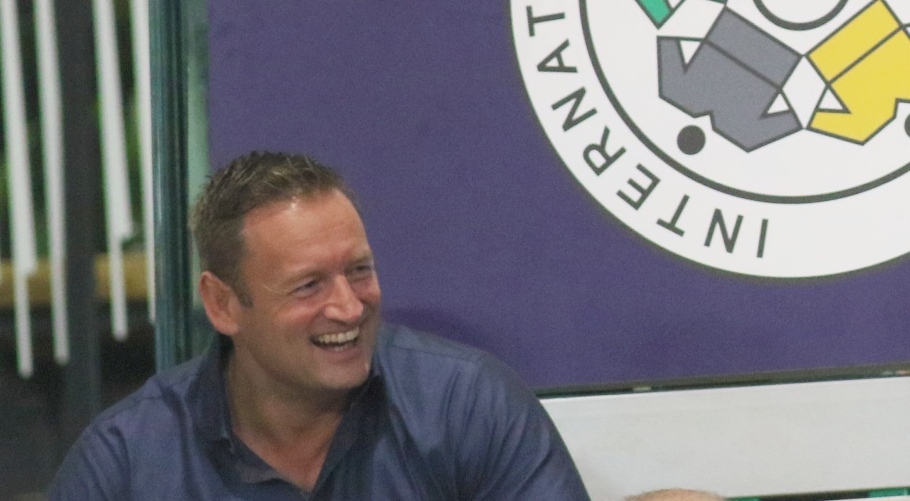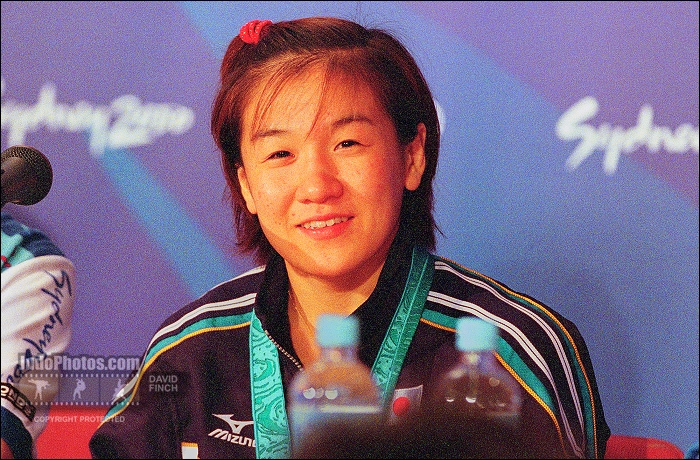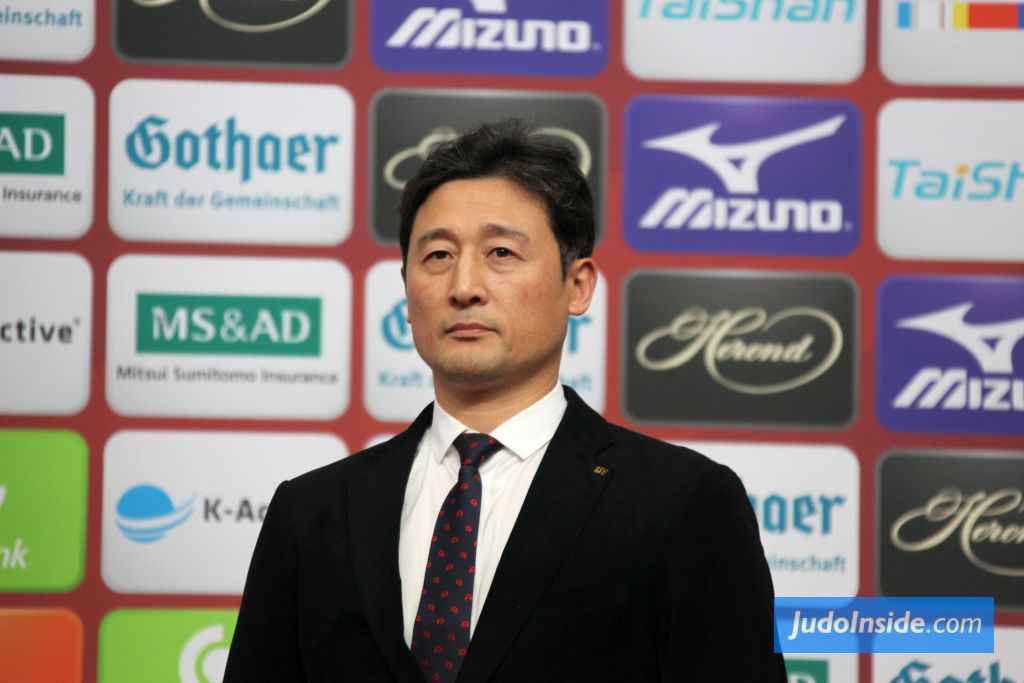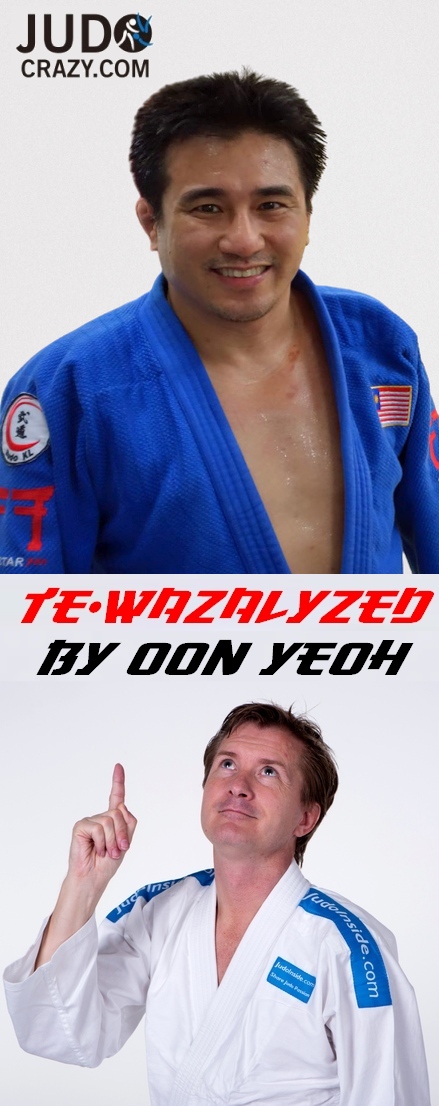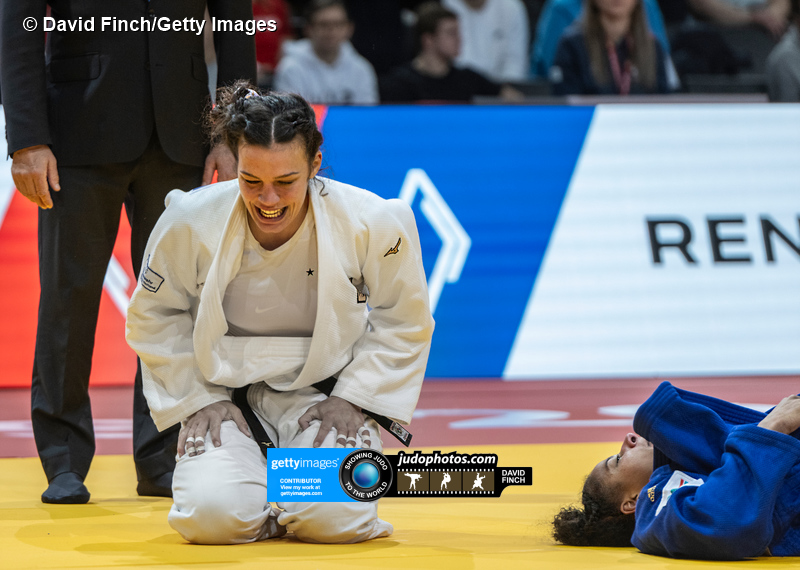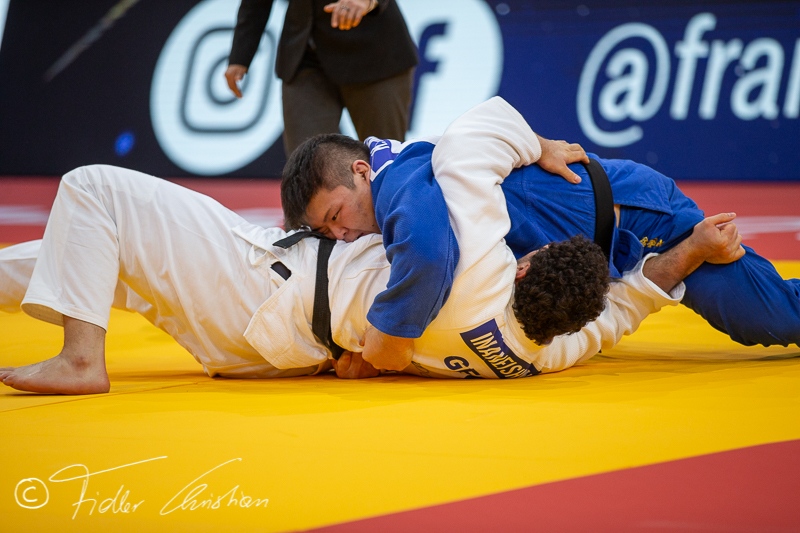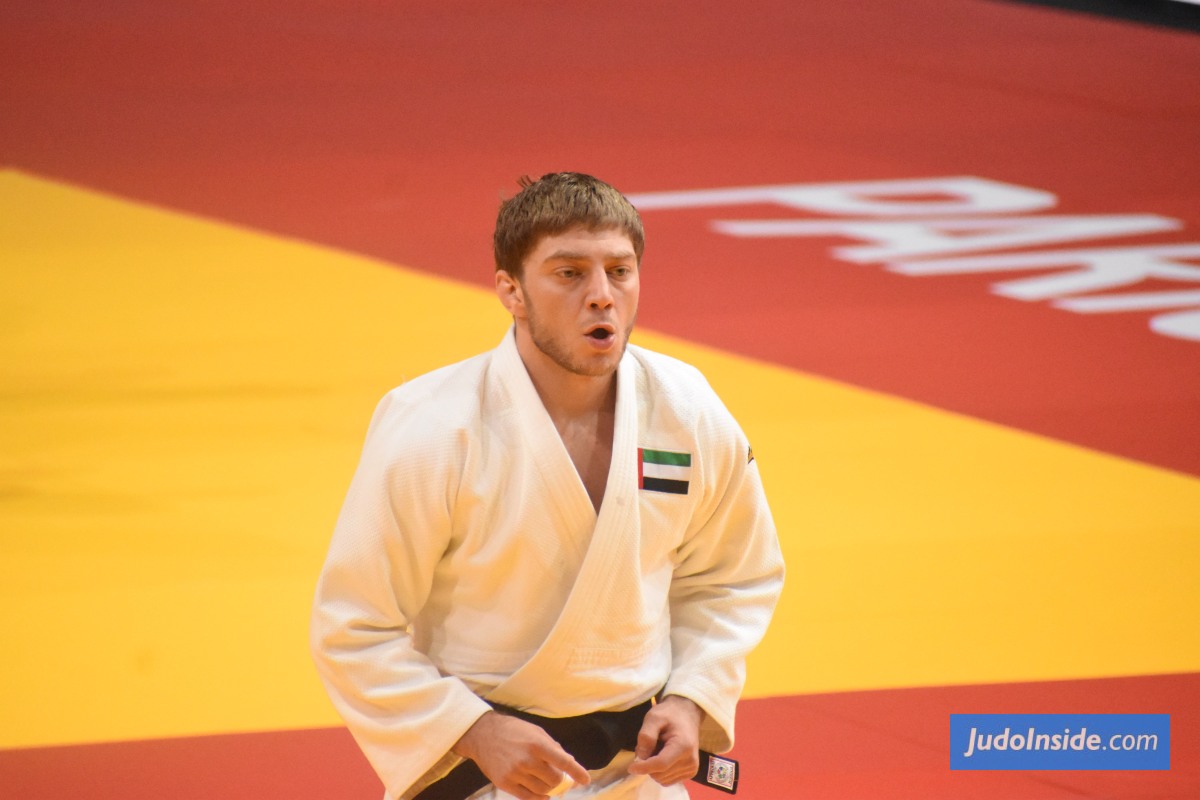Forgotten Heroes: Pawel Nastula (POL)

 22 Nov 2024 12:00
22 Nov 2024 12:00
 by JudoCrazy and JudoInside
by JudoCrazy and JudoInside
 JudoInside.com - Hans van Essen / judo news, results and photos
JudoInside.com - Hans van Essen / judo news, results and photos
If you say the name Pawel Nastula, and someone recognizes that name, they are probably a fan of MMA. Unless they are from Poland, they probably would not have heard of Nastula the judoka. But Nastula the judoka is an Olympic Champion, double World Champion, and three-time European Champion. With such accolades, why has he become forgotten in the world of judo?
As a judoka, Nastula’s first taste of senior international judo was as a competitor in the 1989 Belgrade World Championships, where he lost in the first round against Italy’s Giorgio Vismara. He was still a junior at the time and did better as a junior, winning a bronze medal at the European Junior Championships that year. However, the following year, he lost to Ben Sonnemans of the Netherlands and Nicolas Gill of Canada in the 1990 Dijon World Junior Championships.
In 1991, he took part in the Budapest World Cup and lost his first match, again to Gill of Canada. He also went nowhere in the European Championships that year. But he did remarkably well in the Barcelona World Championships though. On the way to the final, he threw Michiaki Kamochi of Japan with a leg grab (which would become one of his specialties) and Jiri Sosna of Czechoslovakia with a last-second drop seoi-nage off the sleeve. This took him into the final against Stephane Traineau of France. Although Nastula would eventually grow to become a fearsome newaza fighter, at that time his groundwork was no match for Traineau, who caught him with his fearsome juji-gatame for ippon.
His second-place finishing in the Barcelona World’s bode well for his Olympic prospects. And indeed, his 1992 Barcelona Olympic campaign started off well, getting all the way to the semifinal. There he met Britain’s Ray Stevens who, to everyone’s surprise, beat Nastula with his own technique, a leg grab. A clearly dejected Nastula then lost the bronze medal fight to Dimitry Sergeev of Russia.
The following year would be a really challenging one of Nastula. He lost in the semifinal of the Tournoi de Paris to his old rival Traineau of France. Then in the 1993 Hamilton World Championships, he lost to another old rival Sergeev of Russia, in the preliminary rounds. After having won a silver medal in the previous World’s, he left Hamilton without a medal of any color.
After going through what can only be described as annus horribilis, Nastula would enter a golden age where he would go unbeaten in individual events for three straight years. In 1994, he kicked off his winning streak with a European Championship win over Stevens of Great Britain in the final. Then he won the Tournoi de Paris, defeating home favorite, Traineau, in the semifinal. In the final, he defeated Japan’s Kamochi.
In 1995, Nastula won his second European title, defeating, Sergeev of Russia, in the final. He then defeated Sergeev again, in the final of the Tokyo World Championships.
Two major wins in 1996 were the Tournoi de Paris and European Championships. But the biggest prize of all, of course, was the Atlanta Olympic gold, which he won defeating South Korea’s Kim Min-soo in the final. It’s worth noting that along the way, he had to overcome 1992 Olympic Champion Antal Kovacs of Hungary and 1988 Olympic Champion Aurelio Miguel of Brazil.
Another World title followed in 1997, with Nastula once again defeating Miguel of Brazil, this time in the final. That was the only major international event he took part in for that year.
When Nastula returned to competition in 1998, he was no longer the dominant force he was in the past three years. That year, he lost on home ground to his old nemesis Traineau in the final of the Warsaw World Cup. Then he lost in the preliminary rounds of the European Championships. Things just started to go downhill from there.
In 1999, he lost yet again in the final of the Warsaw World Cup, and then again lost in the final of the European Championships (to old foe Traineau). Worst of all was his first-round defeat in the World Championships in Birmingham. It didn’t get any better after that.
Nastula lost in the first round of the 2000 Sydney Olympics, in the second round of the 2001 Munich World Championships, and in the first round of the 2002 European Championships.
In 2003, he did not take part in any major events but he did compete in several World Cups. He didn’t do well in any of them. In 2004, he tried to make a comeback but lost in the first round of the European Championships as well as the first round of the European Club Championships. After those twin defeats, Nastula retired from judo competition. And in 2005, he began a relatively successful second career as an MMA fighter.
Nastula’s decision to go into MMA probably cost him the accolades he deserved as a great judo champion. Although his career did decline rapidly in his last few years as a judo competitor, there was a period in the mid-1990s when no one could touch him for three straight years. He was that dominant. As an Olympic champion with two World titles and three European titles to boot, Nastula should be considered among the greats.
Today, his involvement in the judo world is rather low key. You don't hear much about him but he is active in judo development for youths in Poland
 like
like
 share
share
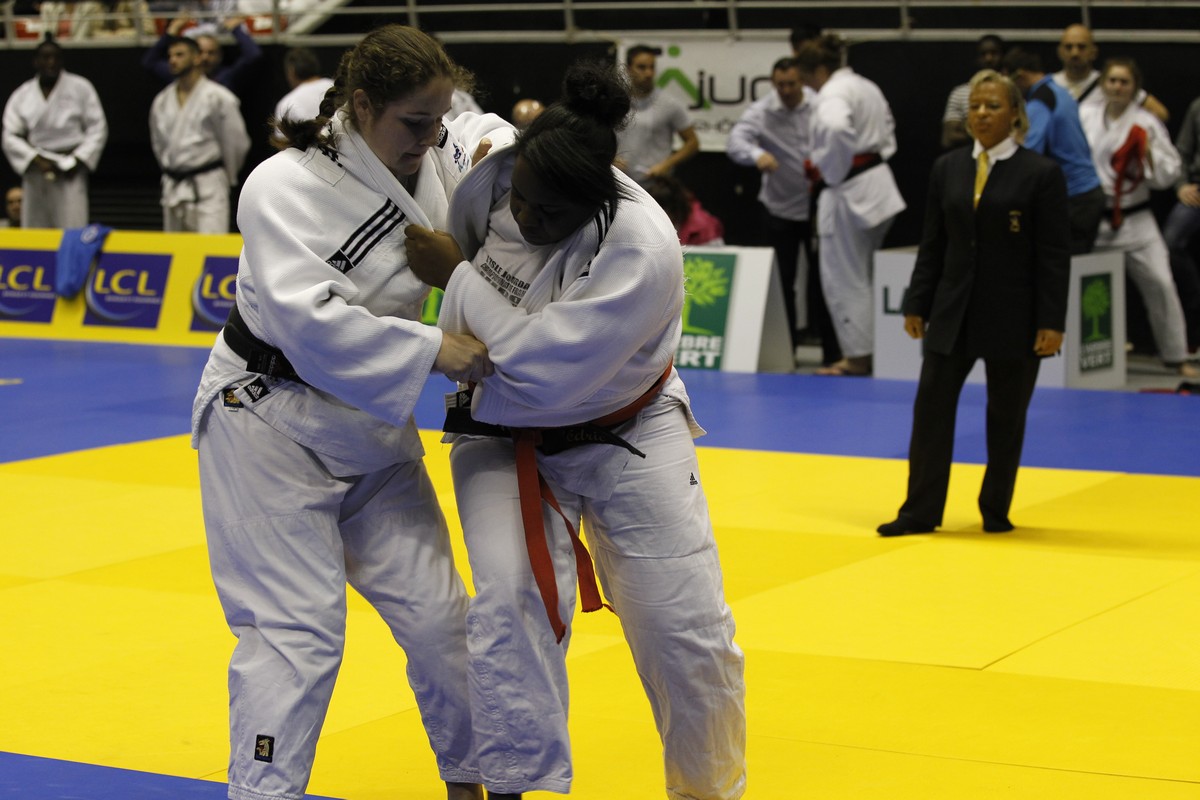
| Result | City | Date |
|---|---|---|
| 2 | Paris | 2024 |
| 1 | Abu Dhabi | 2024 |
| 1 | Zagreb | 2024 |
| 3 | Belgrade | 2023 |
| 2 | Montpellier | 2023 |

